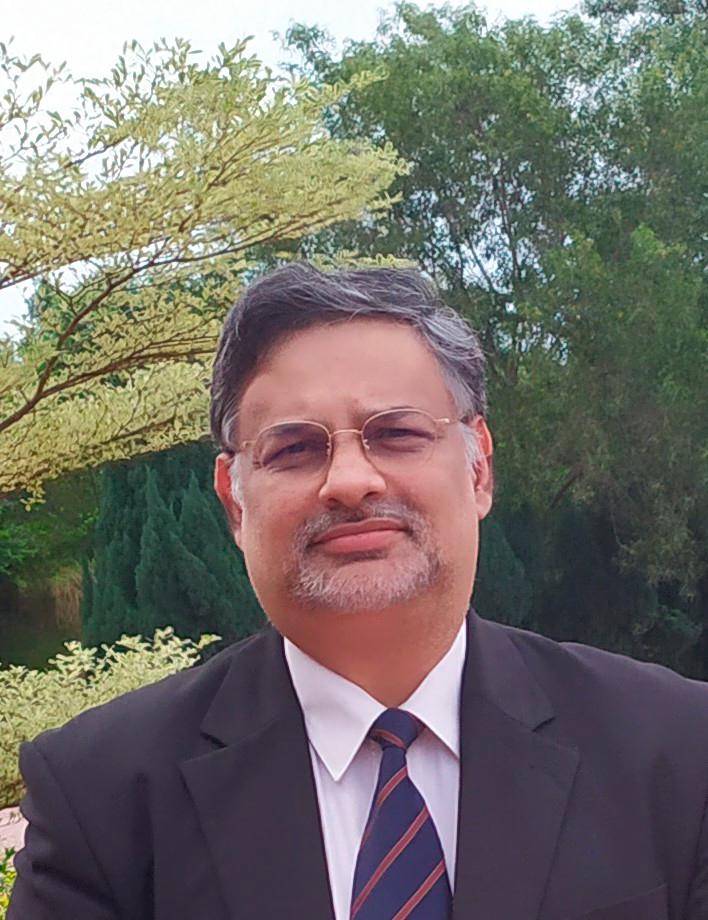NUMBERS figure prominently in the life of Dr Saras Dass (pix). He collects data, analyses it and puts it to good use.
And he loves doing it, which makes him ideal for a career in actuarial science.
From an early age, Dass aspired to be an actuary, an obvious choice given his love of statistics.
Dass grew to like statistics while studying it in India and went on to pursue a higher degree in the subject.
He was especially attracted by its potential for application in various aspects.
The professor at the School of Mathematical and Computer Sciences at Heriot-Watt University in Putrajaya is among 234 Malaysian researchers and scientists who have made it into the Stanford University list of the world’s 100,000 top brains in science, whose work has helped to advance development in their respective fields.
Dass has been cited for his work in the field of information and communication technology and the sub-fields of artificial intelligence and image processing as well as statistics and probability.
In a recent interview with theSun, the 51-year-old native of Seremban said he had always enjoyed thinking about data.
“I always wanted to know how it is collected and how we can identify the sources of variability in the data,” he said.
“Then, there is the matter of drawing insights from the statistics and figuring out how the sources of uncertainty affect decision-making,” he added.
To pursue his love of numbers, Dass enrolled at the Indian Statistical Institute in Kolkata, where he earned his Bachelor of Statistics, with honours.
But that was only the start. He went on to pursue a masters and eventually a PhD in statistics under a fellowship programme at the Purdue University in the United States.
Knowledge of statistics and mathematics is important for the career path of his choice.
His 20 years of research and teaching experience in statistics came to good use during the Covid-19 crisis.
In collaboration with the Institute for Medical Research and the Health Ministry, Dass developed the R-Naught (Rt), which is used to measure the rate of infection of the coronavirus.
His work has won him several accolades. He has received recognition from the Health Ministry and several gold awards at technology expos.
He has also received several international awards for his research work and ideas.
“I’m happy to note that my research and ideas have come to fruition and I have received recognition for some of them,” he said.
Currently, he has published more than 140 papers and has been cited 28 times by others. His areas of specialisation include Bayesian statistics, data science and statistical machine learning.
“I am honoured to be on the list. I have been working in the field of statistics and data science for more than 20 years now. So, it is nice to see that my cumulative research efforts of many previous years have received international recognition,” he said.
Dass believes Malaysian scientists have made a considerable impact at the international level and they continue to do so.
He said the knowledge and skills acquired by the local academia should be used to first address local problems.
“This will help to add value to the society we live in.”
“If the local solutions make sense globally, and they usually do, then people will recognise our work internationally as well,” he added.
Dass said any work that has a major impact in practical applications would always gain interest and recognition, locally and globally.









